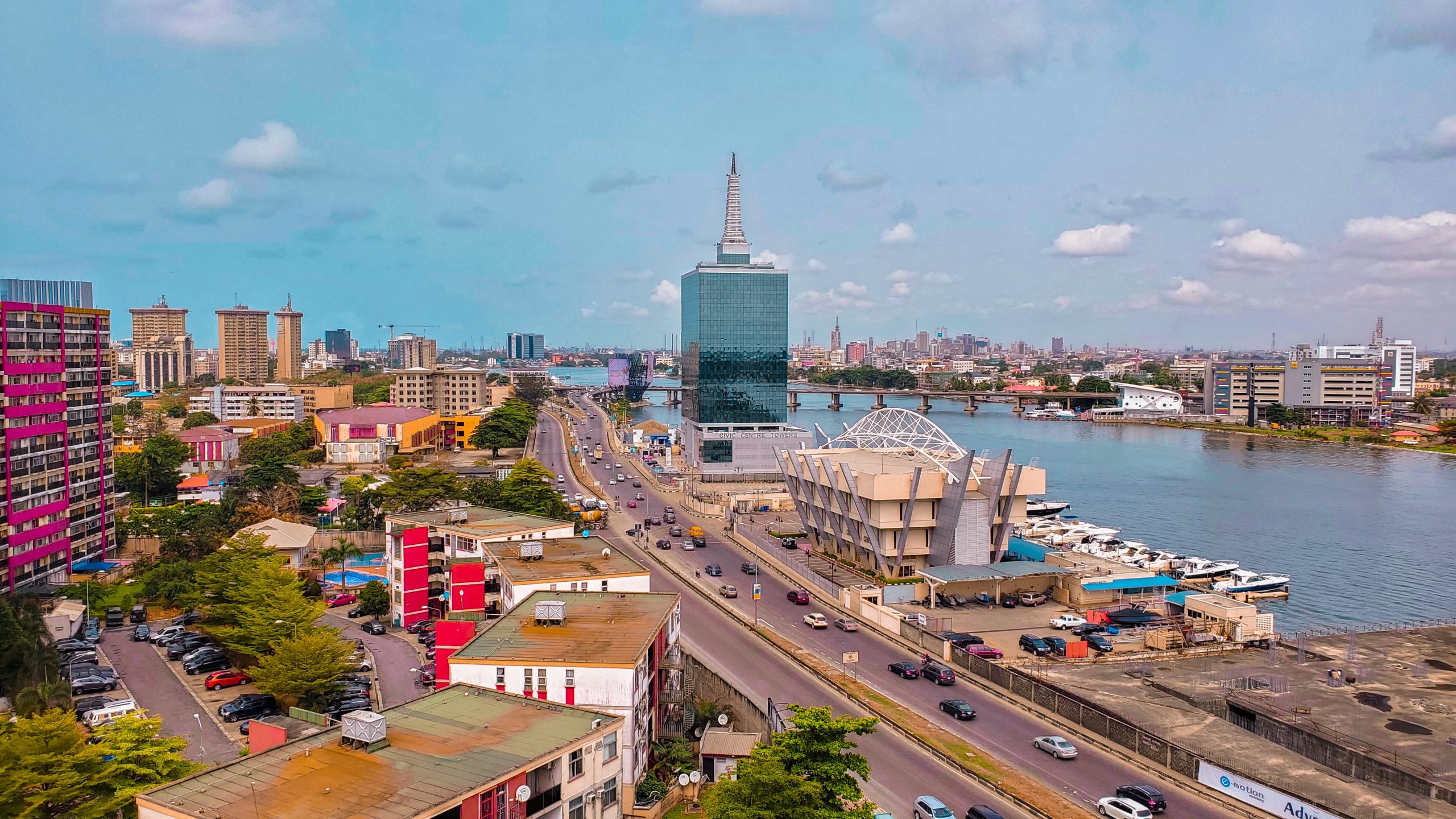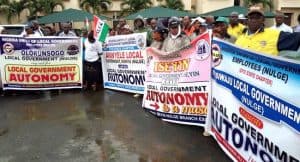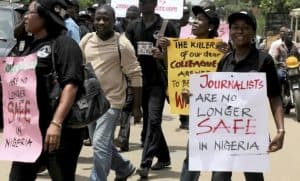
In its latest National Multidimensional Poverty Index Report, the National Bureau of Statistics revealed that 63 percent of Nigerians, that is, 133 million people are poor due to lack of access to health, education, living standards, employment and security. Poverty in Nigeria is deep-seated. In 2018, the Brookings Institution described Nigeria as the poverty capital of the world. The situation has become worse. Reports by the World Bank show that in the past decade, poverty has continued to escalate despite a social investment programme by the present administration. The cost of living has increased astronomically due to hyper-inflation. This has impacted negatively on the standard of living of the people, especially the poorest of the poor, as a result of economic suffocation. For a very long time, Nigeria’s economy has remained very weak and fragile to external shocks. The economy is import-dependent and vulnerable to exchange rate volatility. The Nigerian currency (Naira) keeps losing value thereby pushing more people into misery and deprivation.
Some of the fundamental causes of poverty include structural problems due to wrong fiscal and economic policies, excessive debt burden to finance budget deficit, rising inflation coupled with low purchasing power, exchange rate volatility, persistent population explosion, infrastructural deficit especially erratic power supply, pervasive corruption and high cost of governance. At present, the country is facing revenue challenges due to crude oil theft and total dependence on fuel importation for domestic consumption. The low revenue profile has compelled the Federal Government to keep borrowing to meet its debt financing obligations. The four major refineries are moribund and the cost of fuel subsidy runs to trillions of Naira. Continuous fuel importation is draining the economy. It has become a huge albatross and a major roadblock to poverty reduction in the country. The Federal Government has consistently held on to the moribund refineries instead of privatizing them to competent investors.
For several months, the Nigeria National Petroleum Corporation (NNPC), now NNPC Ltd, did not remit any amount to the Federation Account largely due to the billions of dollars expended on fuel subsidy. The government put the blame on “oil theft”. Either way, the solution is the privatization of the government’s moribund refineries for the production of petroleum products for domestic consumption and an ending to the debt-financing subsidy.
Since the return to democracy in 1999, the cost of governance at the Federal and State levels has continued to escalate. There is a wide gap between the parasitic political elites and the citizenry.
The manufacturing sector is groaning under the yoke of the high cost of production. The cost of doing business in Nigeria has skyrocketed with the increasing cost of power generation (diesel) and raw materials. Every manufacturing company has to generate its own power at a huge cost. As the manufacturing sector shrinks, the rate of unemployment has also increased. Currently, the unemployment rate stands at 33 per cent. There is a strong correlation between unemployment and poverty.
The National Bureau of Statistics report further shows that multidimensional poverty is higher in rural areas where 72% of people are poor compared to 42% of people in urban areas. Approximately, 70% of Nigeria’s population lives in rural areas. There is rural-urban drift due to the prevalence of poverty and the absence of basic infrastructures such as water, sanitation, healthcare, educational facilities, power supply and roads. Local Governments that are supposed to provide basic amenities at the grassroots have been totally incapacitated by State Governments under the dubious “State and Local Government Joint Account” system. Local Governments that are constitutionally empowered as the third-tier of government lack financial autonomy and can barely fund themselves.
Since the return to democracy in 1999, the cost of governance at the Federal and State levels has continued to escalate. There is a wide gap between the parasitic political elites and the citizenry. Political officeholders swim in the ocean of affluence while the people swim in the ocean of poverty. The political elites are very comfortable using power and privilege to rob the people and plunder public treasuries for their own benefit. Billions of Naira meant for various projects have been lost to misappropriation, diversion, money laundering, graft, impunity and outright looting.
Combating poverty requires a multi-sectoral approach. The starting point is a well-articulated policy based on the empowerment of the people, promotion of shared prosperity and economic liberty. Creating an environment for easy investment in education, healthcare, water, sanitation, housing, power supply and rural development will go a long way to reducing poverty and inequality. In the same vein, creating enabling environment for businesses to thrive will promote job creation especially micro-enterprises, income generation and sustainable livelihood. Reduction of interest rates on loans will boost the performance of the manufacturing sector and the productive sector of the economy. Population explosion needs to be curbed. Rapid population growth fuels poverty.
To empower the youths, emphasis should be placed on leveraging technology and entrepreneurship skills development for job creation. There are vast opportunities in the digital space. Furthermore, opportunities along the agricultural value chain should be encouraged to promote food security and sustainable livelihood. Insecurity has adversely affected the agricultural sector as farmers abandon their farmlands due to banditry and violent clashes with herders. This requires priority attention as food prices hit the rooftop.
The exchange rate management policy of the Central Bank of Nigeria cries for careful re-examination. There is a wide disparity between the official exchange rate of the Naira and other foreign currencies as a result of speculation, round-tripping and racketeering. Arbitrage is economic sabotage with far-reaching effects on the economy as a whole.
To boost Government revenue, there is a need to optimize the tax collection system for accelerated revenue generation and deployment of technology for effective tax administration. The leakages in the economy must be plugged, including fiscal and budgetary indiscipline, financial recklessness, larceny and redundancy in the public service. These issues have persisted due to a lack of political will to carry out reforms. The Steven Oronsaye Report on redundancy and re-organization of the Federal Public Service has never been implemented. There are several redundant agencies with overlapping functions and thousands of employees on the payroll without specific roles. They constitute a huge drain on the treasury. The humongous emoluments of public office holders need to be slashed. This is the reason politics has become a very lucrative business in Nigeria. More resources should be channeled to poverty eradication. Lifting millions of people out of poverty requires comprehensive economic reforms and political will. Poverty reduction is achievable if the right policy decisions are implemented.
Afolabi Faramade is a Journalism for Liberty Fellow and Program Director of Journalists Against Poverty.






